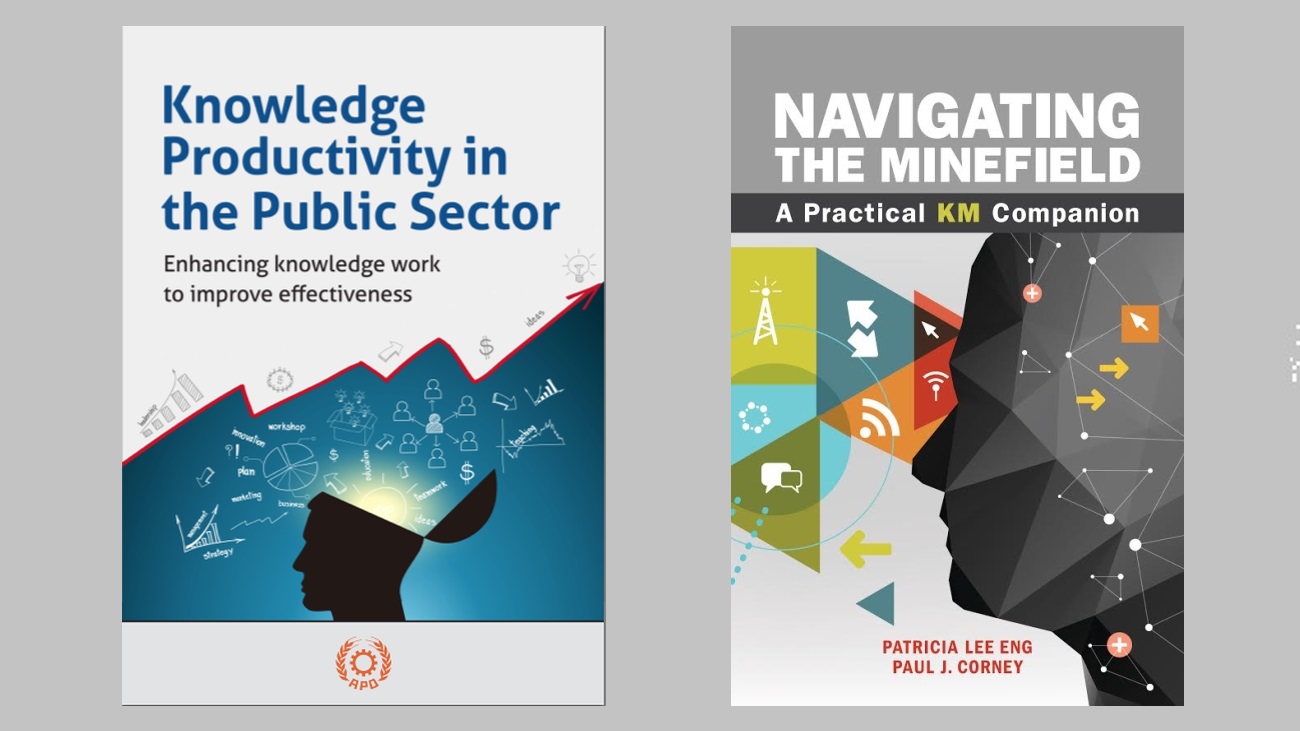
IT issues waste huge time at work
Originally posted on The Horizons Tracker.
A recent study1 from the University of Copenhagen reveals that individuals squander a significant portion of their time, ranging from 11% to 20%, on malfunctioning computers or those whose complexities impede their desired tasks.
The implications of these findings underscore substantial societal benefits that can be attained through a reevaluation of systems and enhanced user involvement in their developmental processes, as indicated by the researchers.
“It’s incredible that the figure is so high. However, most people experience frustration when using computers and can tell a horror story about an important PowerPoint presentation that was not saved or a system that crashed at a critical moment,” the researchers explain.
“Everyone knows that it is difficult to create IT systems that match people’s needs, but the figure should be much lower, and one thing that it shows is that ordinary people aren’t involved enough when the systems are developed.”
Rudimentary tasks
The researchers explain that many of these frustrations come through attempts to complete seemingly ordinary tasks rather than more complex ones.
“The frustrations are not due to people using their computers for something highly advanced, but because they experience problems in their performance of everyday tasks,” they explain. “This makes it easier to involve users in identifying problems. But it also means that problems that are not identified and solved will probably frustrate a large number of users.”
The research required 234 individuals to engage in daily computer-intensive work for durations ranging from six to eight hours, which shed light on the common challenges faced by these participants. The researchers instructed the subjects to share instances in which their computers exhibited malfunctioning or when they encountered frustration due to the inability to carry out desired tasks during a one-hour observation period.
Prominent issues reported by the participants included system slowness, temporary freezes, crashes, and difficulties in locating specific items within the computer interface. Notably, the study cohort featured a diverse range of professional backgrounds, encompassing students, accountants, consultants, and even individuals employed in the IT industry.
“A number of the participants in the survey were IT professionals, while most of the other participants were highly competent IT and computer users. Nevertheless, they encountered these problems, and it turns out that this involves some fundamental functions,” the researchers explain.
A fresh approach
Society stands to reap substantial benefits from a reduction in computer-related issues. By reallocating resources towards reevaluating the manner in which faults are presented on our computer systems, significant gains can be attained.
“Part of the solution may be to shield us from knowing that the computer is working to solve a problem. In reality, there is no reason why we need to look at an incomprehensible box with commands or a frozen computer. The computer could easily solve the problems without displaying this, while it provided a back-up version of the system for us, so that we could continue to work with our tasks undisturbed,” the researchers explain.
IT developers should prioritize increased user involvement during system design to maximize user-friendliness and comprehensibility. This entails a concerted effort to create systems that are intuitive and accessible. The researchers emphasize that the existence of underperforming IT users is a fallacy; instead, the blame lies squarely on the inadequacies of the systems themselves.
“When we’re all surrounded by IT systems that we’re cursing, it’s very healthy to ascertain that it’s probably not the users that are the problem, but those who make the systems,” they conclude. “The study clearly shows that there is still much room for improvement, and we therefore hope that it can create more focus on making more user-friendly systems in the future.”
Article source: IT Issues Waste Huge Time At Work.
Header image source: Nicola Barts on Pexels.
Reference:
- Hertzum, M., & Hornbæk, K. (2023). Frustration: Still a Common User Experience. ACM Transactions on Computer-Human Interaction, 30(3). ↩






